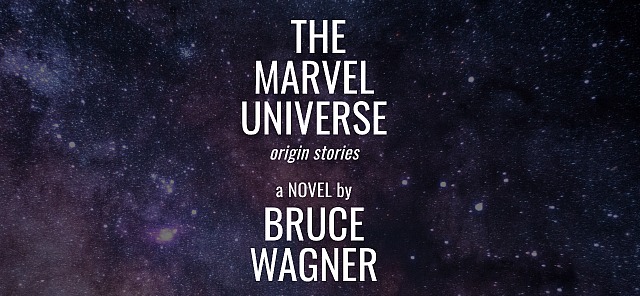In the process of reviewing Bruce Wagner‘s latest novel, “The Marvel Universe: Origin Stories“, Wagner’s editor at Counterpoint Press said that certain terms in the novel were “problematic,” first and foremost being the word “fat.”
Wokesters have banished the “f” word as flatly, decisively and eternally as the “n” word and other hateful epithets. I understand that, of course, and I know that the preferred term is “person of size” or, if you will, non-svelte. (“Calorically challenged” has always been frowned upon.) The long and the short is that Wagner was appalled at the editor’s refusal to allow the “f” word in his book, and for this and other reasons decided to self-publish the book for free.
Yes, I’ve used the “f” word a few times — Fat Thor, Fatzilla, etc. In late May of ’07 I was standing on a small bridge in Venice when I noticed a morbidly obese fellow and his wife reclining in a passing gondola, and the combined weight was such that the gondola was almost taking on water. “Wow, look at that fat guy,” I muttered to my son Jett, who was standing next to me. I knew I had misspoken. My voice had echoed slightly. Jett’s immediate response was to touch my forearm and go “sshhhhh.’
I’m not so stupid as to not understand that avoiding the “f” word is advisable. I get it. Of course. I realize. I’m just trying to get along. I am not a harshly judgmental person as a rule. I simply err on the side of offhanded candor from time to time.
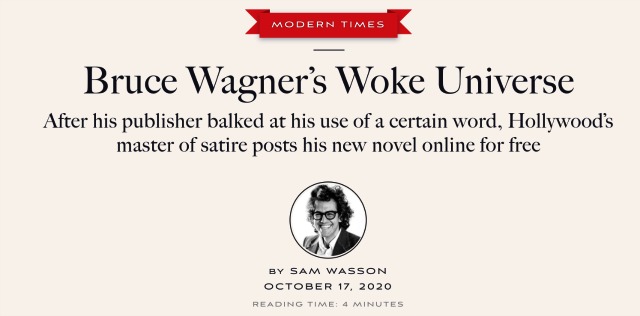
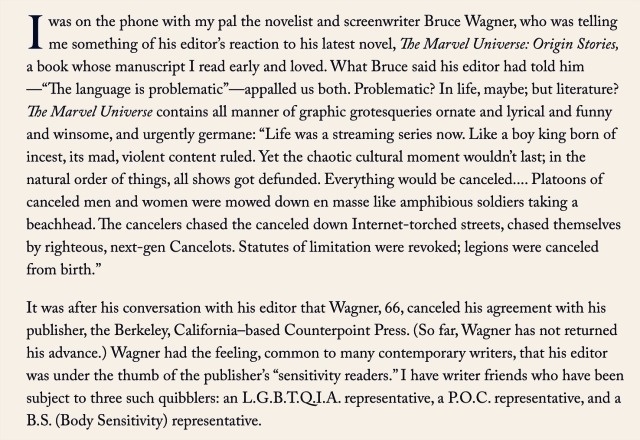
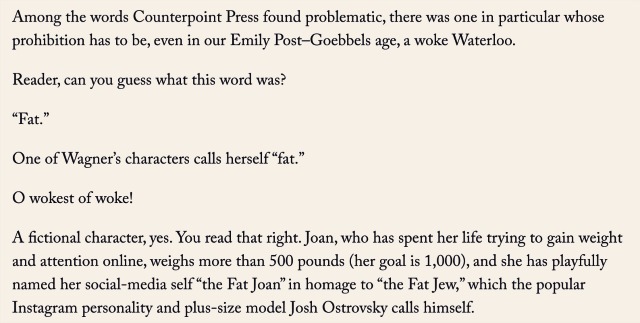
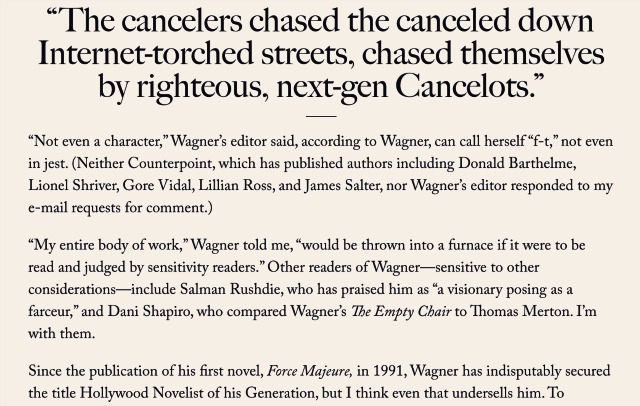
If there’s one thing that’s totally undercutting the general health care situation in this country, it’s “I am perfect the way I am.”
Translation: Being slender and healthy has almost become an unpopular, even a semi-shameful thing among weight-challenged people. It’s almost like being overweight has become a national pride movement of sorts. People seem to value protecting people’s emotions more than acquainting them with the reality that they’re eating themselves to death. Heart disease, diabetes, cancer are all fueled by largeness and obesity.
During the last 20 or 25 years of the 19th Century fatness was regarded as a signifier of prosperity and largeness of spirit.
Plumpness or voluptuousness even become fashionable as an ideal appearance for women — an aesthetic mindset that apparently lingered (to go by the popularity of bordering-on-zaftig movie stars like Theda Bara) until just before World War I.
But then slimness took over. A corresponding stigmatizing or otherwise discouraging of corpulence was more or less the rule from 1920 to 2005 or thereabouts. But then came the Great Obesity Epidemic of the 21st Century, and now we’re right back in the 1880s and 1890s again.
Except today no one associates pot bellies with financial abundance — we’ve become a truly egalitarian society when it comes to spreading midsections — and no one dares to stigmatize for fear of being sitgmatized themselves as cruel and intolerant.
